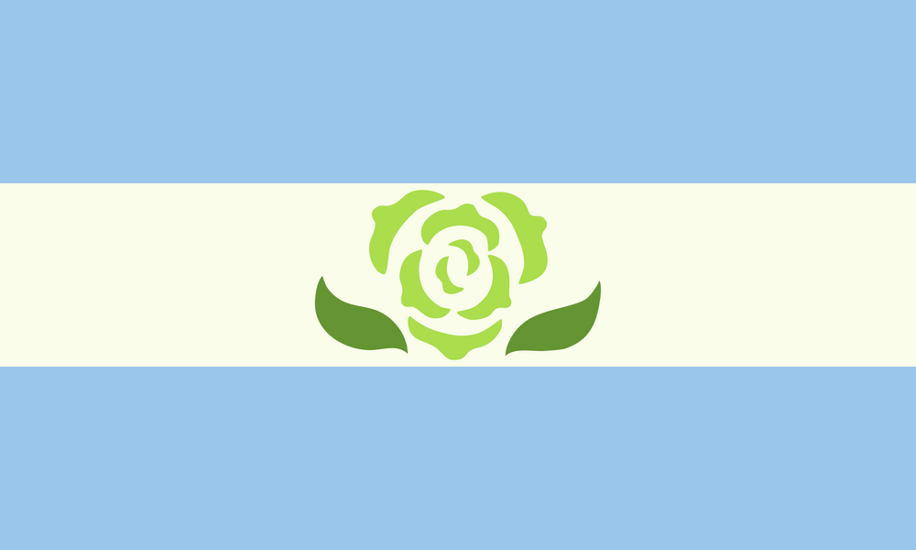Understanding achillean: A look at its meaning, history, and significance

The term achillean has become increasingly popular within the LGBTQ+ community. However, what exactly does it entail and how did it originate? Let’s dive in and find out!
What does achillean mean?
At its core, achillean refers to men (or male-identifying individuals) who are attracted to other men. It is an umbrella term that encompasses gay, bisexual, pansexual, and queer men. It also includes trans and nonbinary individuals who are attracted to men.
The achillean identity typically doesn’t encompass cisgender, heterosexual women attracted to men. In simpler terms, if you’re not a cis woman and you’re attracted to men, you can identify as achillean.
Although not as widely known as its counterpart sapphic, the term achillean has been gaining popularity in recent years. You can observe its increasing prevalence on Google Trends and its widespread usage across various social media platforms.
History of the term
The word “achillean” is derived from the Greek hero Achilles, who shared a deep bond with his companion Patroclus, interpreted by many as romantic and sexual. This makes Achilles a significant figure in gay history.
In fact, achillean love was used in literature to describe homoerotic relationships between men, particularly warriors. Over time, the term evolved and became synonymous with homosexuality.
Achillean vs. gay vs. MLM (men-loving men)
In today’s society, the terms achillean and gay are often used interchangeably. However, there is a distinction between the two.
Gay specifically refers to men who are exclusively attracted to other men. Achillean, on the other hand, can refer to anyone who falls under the umbrella of male-aligned individuals attracted to men.
Another term for an achillean-like identity is MLM (which stands for men-loving men). However, it’s important to note that this term may not be as inclusive since it may not encompass nonbinary individuals.
The achillean flag

The achillean flag is a symbol of pride and representation for the achillean community. It includes three stripes (two blue and one green) with a green carnation symbol in the center.
The blue stripes represent masculinity and the green stripe represents gay affiliations. The carnation is a nod to Oscar Wilde, who often wore a green carnation as a symbol of his homosexuality.
Achillean experiences around the web
As with any identity, personal experiences can vary widely. Many individuals who identify as Achillean share their stories, shedding light on their unique journeys and challenges.
Being achillean and trans
MLM fights be like
The lonely achillean
Related:
Can gay men find each other by smell? “The View” has an answer
Does the nose really know?
The importance of achillean representation in media
Representation matters, and it’s crucial for the achillean community to see themselves reflected positively in media. This includes accurate and diverse depictions of achillean relationships, experiences, and identities.
Some examples of positive achillean representation in media include:
- The book and movie, Red, White & Royal Blue which features a romantic relationship between two men.
- Love, Simon, a book and movie that portrays a gay teenager coming out and navigating his first relationship.
- Brokeback Mountain, a short story-turned-movie that depicts the forbidden love between two cowboys.
Related:
This Provocative Thread About LGBTQ+ Representation Has the Gays Gagging
It didn’t take long for this thread to populate with some truly tasty evil gays.
Stay true to yourself
Achillean is an important and inclusive term that represents a diverse community of men and man-aligned individuals who love other men. Its history, meaning, and representation continue to evolve as society progresses towards greater acceptance and understanding of the LGBTQ+ community.
Whether you are achillean, gay, or any other identity within the LGBTQ+ community, remember that your journey is valid and deserving of love and acceptance.
Subscribe to the INTO newsletter to stay updated on all things about LGBTQ+ culture and identity.
Don't forget to share:
Help make sure LGBTQ+ stories are being told...
We can't rely on mainstream media to tell our stories. That's why we don't lock our articles behind a paywall. Will you support our mission with a contribution today?
Cancel anytime · Proudly LGBTQ+ owned and operated
Read More in Culture
The Latest on INTO
Subscribe to get a twice-weekly dose of queer news, updates, and insights from the INTO team.
in Your Inbox














